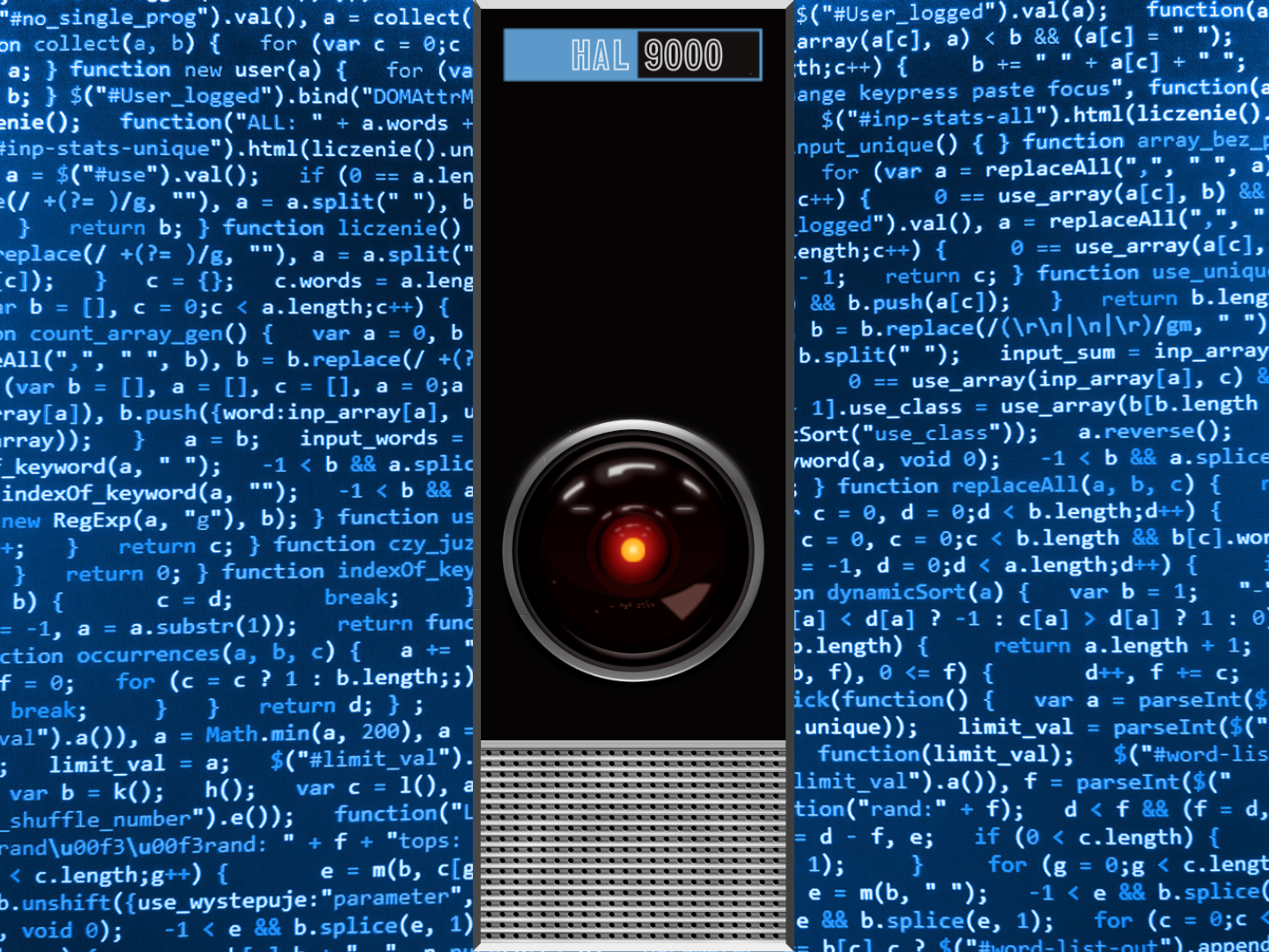
In Stanley Kubrick’s classic 2001: A Space Odyssey, Dr. Heywood Floyd finds himself doing business with a zero-gravity toilet that says: PASSENGERS ARE ADVISED TO READ INSTRUCTIONS BEFORE USE. Following are ten steps of directions.
Post-pandemic college professors have technologized themselves into a similar blithe helplessness, a point missing from all the hand-wringing over the current state of higher education. We traded the critical thinking that would question the system for the feeling we get from successfully navigating it: relief.
To borrow from another sci-fi classic, we have become like Lenina in Brave New World: “I don’t know what you mean [by free]. Everybody’s happy now.”
We aren’t teaching so much as being taught. And for both professors and students, competency in the labyrinth has replaced creative analysis, which, as Nick Carraway said about Gatsby’s green light, “year by year recedes before us.”
The first level occurred like all good indoctrination does—through small but manageable absurdities, the mastery of which fueled our can-do attitude and purchased our own buy-in. To name just one example: like a Luddite, you try to enter grades in your online course management system at the Grade Center link. Then you flail around until you see them under S, for Submit Grades.
Found it!
I’m not the resourceful astronaut in 2001, dismantling the rogue HAL 9000 computer that ejected me into space. Instead, I’m grateful to HAL for letting me back on the ship.
And once we were on board, we had already lost the ability to think for ourselves—an ironic twist in a system built on ironic twists. Take Authentication, when we pump our mouse-wielding fists after finally convincing the robots that we are human, after which we are definitely locked in the spaceship.
We consented to life in The Matrix because, just like the matrix, it seems so human. For example, claiming travel reimbursement in my “enterprise management cloud” is a 56-step process (I counted) that would make Job himself shake his fist at the heavens. What makes this particularly humanoid? Well, I’m no psychologist, but I know passive-aggressive when I see it.
What about, you ask, those who navigate these labyrinths with facility?
Venusians.
As George Hanson (played by Jack Nicholson) explained through a haze of marijuana smoke in Easy Rider, they live among us but do not reveal themselves “because of the tremendous shock it would cause to our antiquated systems.” George couldn’t know that the future he envisioned—“Man will have a god-like control over his own destiny”—perfectly captures our quintessential irony: willful submission.
And so, every time we find the correct dot that houses the treasured drop-down box, the dopamine fix motivates us, like disaffected teenagers skipping showers, to game on.
Stated another way, Huxley’s Brave New World trumps George Orwell’s 1984 every time. Dopamine—Huxley called it soma—works much more expeditiously than Orwell’s surveillance. We resist totalitarian repression, but our gram-of-soma reward for completing the 28-step process (I counted) of submitting grades means, as Huxley well knew, that, indeed, everybody’s happy now.
As for teaching, I’ve posted links to videos on Donald Trump’s rhetoric, South Park’s parody of Trump, an SNL skit on plagiarism, and the Simpsons episode on “The Raven.” If a link doesn’t work, watch the video on how to access videos.
It’s under E, for Easily Accessing Videos.
Speaking of The Simpsons, in its homage to 2001, Homer the astronaut endangers the spaceship when his potato chips clog the controls. In the ensuing chaos, he breaks an ant farm. As images of floating ants beam to earth, news anchor Kent Brockman, anticipating the new world order, enthuses, “I welcome our new ant overlords!”
While the Venusian technocrats facilitate the illusion of control, I’ve likewise accepted that resistance is futile. Once you’ve fought your way back into your imprisonment on the ship, and once you’re reading the zero-gravity toilet’s ten steps, it’s already too late to evacuate.
Images: Adobe Stock; Tom Cowap, Wikimedia Commons, Creative Commons Attribution-Share Alike 4.0 International license
Thanks For Sharing This Post. I Love this Post.